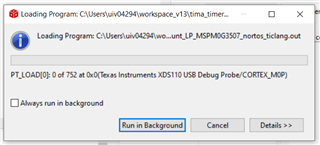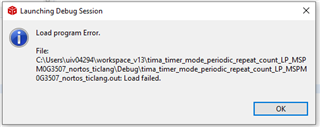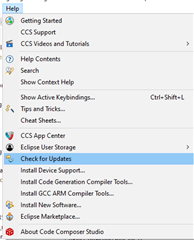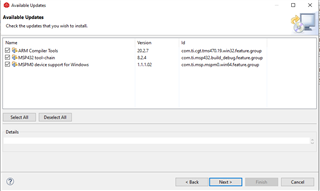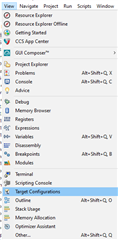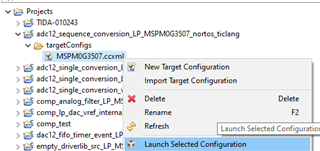Other Parts Discussed in Thread: SYSCONFIG, ,
Hello!
We've been using engineering samples until now and had no issues with the debugger (we weren't implementing sleep modes yet).
However when trying the updated production samples of this microcontroller I am only able to start debugging once. If I stop debugging from CCS, when I try to start debugging again it gives me the below errors. The debugger is unable to connect to the microcontroller until I reset the microcontroller via reset button or power cycle the board.

This is highly inconvenient since during normal development we debug -> change some code -> debug again for tens maybe hundreds of times during a day, so I would like to avoid this extra step if possible. We did not have this issue on the engineering samples. Is there anything we can do?
Thank you!



